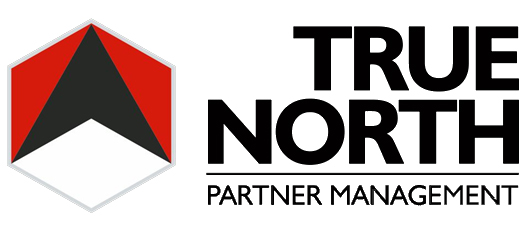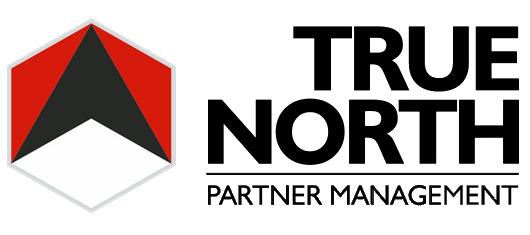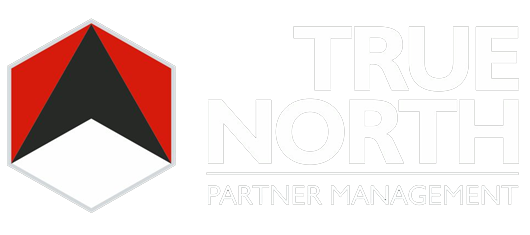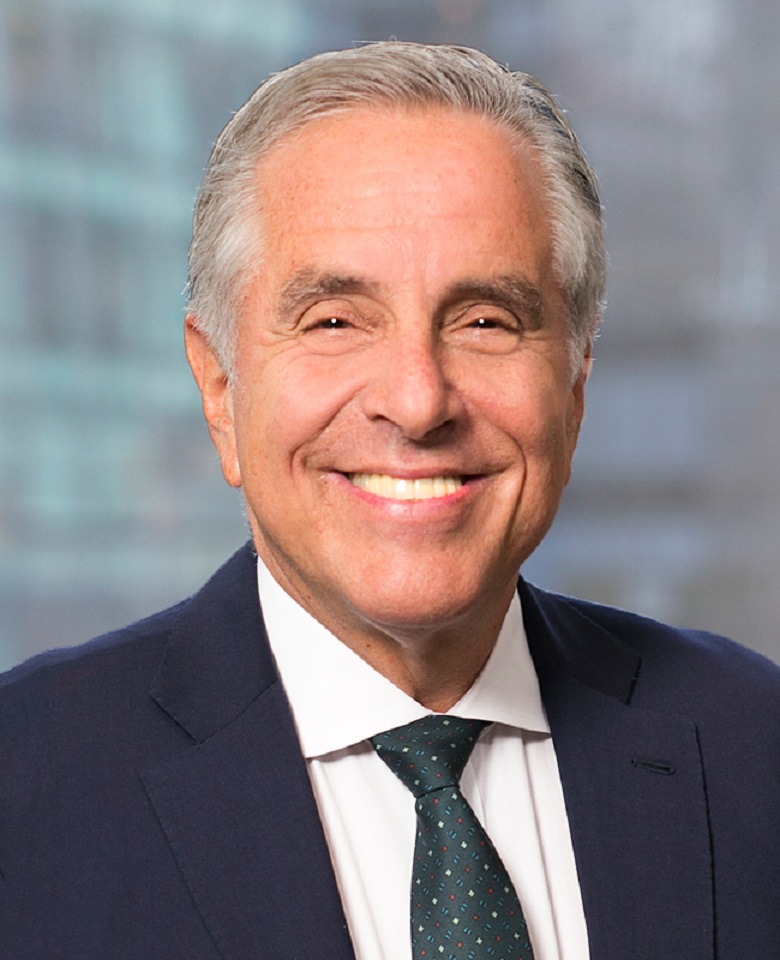The following post originally appeared on Forbes | December 8, 2015
Awards become corroded, friends gather no dust. ~Jesse Owens
Awards, accolades, rankings – while these are the glamorous lodestars by which competitive compasses may be set, when finally acquired at the end of a journey, professionals learn that these are the tip of an iceberg that is heavy with dedication, persistence, time, and sacrifice. And while all of these investments are vital to success, in complex competitive environments, relationships, unity, and group cohesiveness are perhaps even more so. Many of the most successful firms have found that by focusing on building relationships – friendships, even – among their people, success manifests and accolades follow. Importantly, as the years pass and awards come and go, the relationships – the invisible webs that hold these firms together – stand the test of time.
Paul Hastings, founded in 1951, has steadily grown over the decades to reach today’s stature: 20 offices, over 1000 attorneys, and gross revenues of more than $1B. Their focus on developing their people, relationships, and creating cohesion, first, has resulted in their success and accolades, second: #1 on The American Lawyer’s A-List of the most successful firms in the U.S.; #1 on Vault’s Overall Best Law Firm To Work For list; Law360’s pro bono firm of the year; reaching the top 5 in Financial Times’ Innovative Lawyers North America Report; and the list goes on.
Today I speak with Seth Zachary, chairman of Paul Hastings, to learn more about his view of today’s legal market, and the internal workings that have garnered the awards mentioned above. See our exchange below:
On The Recipe For Topping American Lawyer’s A-List
Parnell: Let’s just start out with Paul Hastings making the number-one spot on The American Lawyer‘s A-list. How did your firm earn that? What went into getting this?
Zachary: The A-List is a valuable accolade as it does not look at financial performance as the only measure of success. While measuring revenue per lawyer is important, as it reflects the value you are providing to clients, the A-List also looks at other critical qualities contributing to a firm’s success: Its commitment to its people, to diversity, and to the community.
The competition for the best talent has never been keener, which is part of the reason why focusing on associate satisfaction, in addition to focusing on financial growth, is so important. I strongly believe that associates who are incentivized, excited, and enthusiastic will do better work for clients. Improving diversity and inclusion is also particularly relevant to us because having a broad variety of life experiences and varied perspectives helps us to think outside of the box and innovate.
Our focus on pro bono as well is an amalgam of all of the other factors I’ve just mentioned. Because if you do great pro bono work, you will become a better lawyer, you will give back to your community, and you will burnish our firm’s brand.
On The Recipe For Topping Vault’s Best Law Firms To Work For
Parnell: Moving over to your Vault ranking: the number one law firm for associates to work for. At a higher level, I assume that you’re keen on creating a positive environment for growing organically: fertilizing associate development, and in turn, creating partners in the long term. What are you doing with your associates, specifically, to get this ranking? What’s your formula?
Zachary: It really comes down to respect – respecting associates as professionals. We manifest that respect with transparency about our business. We talk to them about our strategy and performance. We are realistic and forthright about what it’s like to work here and what our expectations are of them.
I think we focus a lot on the skills associates do not learn in law school. The primary aim is to help them develop their client relationship and business skills. We train them to be effective business advisors as well as legal experts and educate them on what our clients expect and value. That gives us the confidence to introduce our associates early in their careers to our clients.
In my experience, associate satisfaction has very little to do with tickets to the Knicks, or cruises around New York, or an extra mid-year bonus. It’s about the way we value each other. We’ve put a lot of thought into this, which is reflected in our rankings in Vault and in The American Lawyer.
On Innovation In The Law Firm
Parnell: You’ve been recognized by the Financial Times as a top 5 innovative law firm. “Innovation” is a bit of a buzz word, but could you talk to me about innovation in the firm?
Zachary: It is so overused that you wonder if the meaning has been completely wrung out of it. But it has made its way into our nomenclature and our DNA in part because it’s a word our clients use. When they turn to us for their most important matters, this often involves new challenges, new market realities, and new solutions. That means we have to think and act like innovators.
We have what we call an “innovation imperative” at Paul Hastings to help our lawyers understand that clients expect them to think creatively. At the end of the day, it’s about being market savvy and understanding the new problems or challenges that our clients face.
On The State Of The Leverage Pyramid
Parnell: We talked very briefly about the competition for talent. Could you talk to me just about the leverage pyramid? It’s kind of a hot potato. What are your thoughts on that? Obviously, it’s shrinking to a degree, but where do you see the trajectory for this?
Zachary: Leverage is shrinking to a degree, but it is here to stay. A basic responsibility of a law firm partner, in addition to being a superb lawyer, is to build the practice. You have to create opportunities for associates to grow into partners. Associates with better training – who are happier and more motivated – will do better work for clients. Clients will then be more likely to appreciate the value that associates bring.
On Common Interests Of Lateral Partners
Parnell: When you’ve brought lateral partners in, or have even just met with lateral partners who didn’t ultimately come to Paul Hastings for one reason or another, do you find common themes nowadays that most of them are looking for, or issues most are running into?
Zachary: There are certainly broad categories that law firms will emphasize: economics, strategy, and client conflicts. However, they do vary by candidate. Top talent is now becoming more highly concentrated in a smaller number of leading firms. You do see candidates who are looking for higher ground in terms of the institution’s financial accomplishments, but not necessarily just to make more money. Higher ground may be a reflection of the quality of the talent pool, a mutually supportive or collaborative culture, and a strong global platform.
We face competition from the very best law firms. So we look at what our strengths are, such as culture, clients, and financial performance. We also look at our track record in recruiting, retaining, and promoting laterals. We then make a concerted effort to integrate them into the firm and provide them with great professional opportunities. As a result, the word gets out about our approach to new laterals, which makes recruiting them a little bit easier.
On Defining International Versus Global Law Firms
Parnell: Let’s talk about international versus global firms, which may seem like just some play on semantics. Frankly, I think that as the market continues to evolve, this classification will become more important. And I don’t know that there’s a consensually agreed upon classification between the two. Would you consider Paul Hastings to be a global or an international firm? Could you talk to me about the difference between the two?
Zachary: We consider ourselves a “global” firm. I like that word better than “international” because I think it reflects a seamlessness in the world economy today and mirrors how our clients think of themselves. Approximately a third of our revenue is derived from work done outside the U.S., and so much of the work we do in the U.S. relates to the global issues of our clients. For example, we are doing work in the U.S. for a client who is being investigated all over the world. Whether the Department of Justice is investigating them in Nepal or Nigeria, we view it as global work. And if it’s the Swiss Banking Authority investigating them in New York, it’s also global work. We are working with clients to meet global challenges and are coming up with global solutions all the time… like the example I just gave you.
On The Verein Model And Office P&L
Parnell: Okay, let’s talk about the one-firm versus verein models. I know that Paul Hastings is a one-firm firm. What are your thoughts on the verein?
Zachary: The verein model is one way of aggregating practices, but it is not part of our strategy. We don’t separate ourselves by geography in any way. Being one firm helps us keep a truly global mindset.
Parnell: Okay. And that actually, at least partly answers my next question, which regards separating P&L by practice group and/or geography.
Zachary: We don’t separate P&L. Any statistic you measure other than the growth of practice and profitability of the firm just sets up a membrane between practice groups or geographies. We’re a firm that has no membranes.
On Paul Hastings’ Compensation Structure
Parnell: Can you talk to me about your compensation model?
Zachary: We are a merit-based system. We have compensation levels that are set in shares. Every partner starts at roughly the same place and moves up according to his or her contribution. And we take a very broad look at contributions. It is not a system where a contribution is inordinately weighted to the introduction of business. Every partner is in the same pool. For better or for worse, we’re all in it together.
On Future-Proofing Yourself As An Attorney
Parnell: Alright. Lastly, can you just talk to me about future proofing yourself? Take an individual partner, someone maybe mid-career right now; with everything that you know about BigLaw – the business of law, being a successful attorney, and where you see the future of law going – how would you suggest someone going about future proofing themselves?
Zachary: I think future-proofing is about differentiation. So I would tell that hypothetical individual partner to look in the mirror and ask: “Am I doing something that is distinguishable by virtue of focus or quality from my competitors?”
Like all sectors, our business requires a little bit of clairvoyance. So you also need to ask yourself: “Where are my clients now? Where will they be in the future? What will be their future problems?” Sometimes you’re going to guess right and sometimes you’re going to guess incorrectly. But spending time with your clients to understand their newest challenges and their greatest fears will allow you to provide them the most value today and in the future.
Email: dparnell@davidjparnell.com Twitter: @davidjparnell
Books: The Failing Law Firm: Symptoms And Remedies; In-House: A Lawyer’s Guide To Getting A Corporate Legal Position



